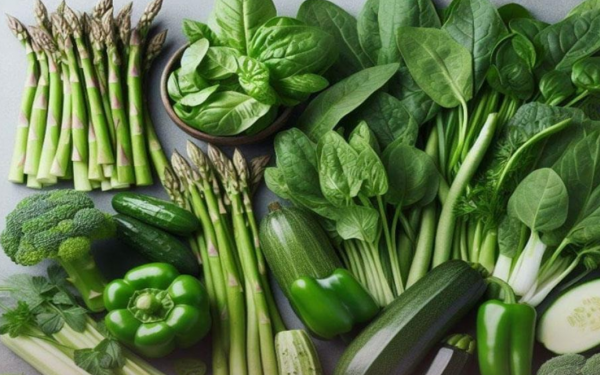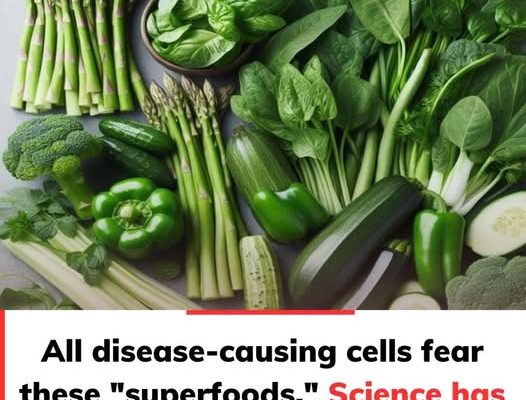A healthy and balanced diet can help reduce the risk of developing various types of cancer. Starting a nutrient-rich diet early in life significantly boosts your ability to effectively prevent cancer.
Dr. Joel Fuhrman, a prominent researcher in the field of nutrition and the author of several best-selling books on The New York Times list, has dedicated over two decades to studying the science of nutrition. His research has demonstrated that adopting a diet primarily based on nutrient-dense plant foods can slow down the aging process and enhance cognitive function. This remains effective even if you have followed an unhealthy diet for many years.
Based on the principles of the Blue Zones, Dr. Fuhrman recommends a diet rich in micronutrients and fiber, emphasizing the consumption of a wide variety of colorful plant-based foods, beans, seeds, and dark leafy greens. These dietary habits closely resemble those of long-living populations in Blue Zones around the world.
For example, quitting smoking at any stage before lung cancer develops is always an effective measure to reduce the risk of this disease. Similarly, adopting a healthy diet can also lower the risk of developing other types of cancer.
Dr. Fuhrman calls this group of foods “G-BOMBS.”
“G-BOMBS represent foods that scientific research has proven to be effective in cancer prevention. The acronym stands for Greens, Beans, Onions, Mushrooms, Berries, and Seeds. You should include them in your daily meals,” advises Dr. Joel Fuhrman.
Wise choices in nutrition can achieve results that medication cannot. While medications might reduce disease risk by around 10-15%, a good diet can cut that risk by up to 100 times.
Dr. Fuhrman believes that, through proper nutrition, you can lose weight, lower cholesterol, reduce triglycerides, and decrease the risk of heart disease without needing medication. In other words, nutrition can be more effective than traditional medical treatments.
Green Vegetables
Leafy green vegetables are among the most nutrient-dense foods, providing beneficial phytochemicals that protect blood vessels, reduce inflammation, and lower oxidative stress – a key factor in heart disease and cancer.
Green vegetables are packed with folate and carotenoids, particularly lutein and zeaxanthin, which are essential for maintaining healthy vision.
Each type of vegetable brings its own array of beneficial micronutrients and phytochemicals. Cruciferous vegetables, such as bok choy, broccoli, kale, cauliflower, and Brussels sprouts, stand out for their exceptional health benefits.
The phytochemicals in cruciferous vegetables activate Nrf2, which enhances the body’s detoxification system and antioxidant enzymes. A diet rich in cruciferous vegetables has been linked to a reduced risk of several cancers, including lung, ovarian, stomach, breast, prostate, and colon cancer.
You can explore the diversity of green vegetables by enjoying asparagus, celery, cucumber, green beans, lettuce, spinach, and squash…
Beans
Our digestive system cannot break down the fiber and resistant starch found in beans. However, fiber and resistant starch serve as prebiotics, providing nourishment for gut microbes and supporting the growth of beneficial bacteria.
These beneficial bacteria convert resistant starch into short-chain fatty acids (SCFAs), which offer numerous health benefits such as boosting gut immunity and anti-inflammatory effects. SCFAs also provide energy for colon cells and play a critical role in regulating metabolism, reducing the risk of obesity and insulin resistance.
Additionally, the fiber in beans aids digestion by speeding up the movement of waste through the intestines, thus reducing the concentration of potential cancer-causing substances in the colon. Regular bean consumption has been associated with a lower risk of colorectal, prostate, and breast cancers.
Onions
Onions, garlic, and leeks belong to the Allium family, known for their organosulfur compounds that can fight cancer. These compounds, similar to the isothiocyanates in cruciferous vegetables, are released when we chop, crush, or chew these vegetables.
When onions and garlic are finely chopped or crushed, the enzyme alliinase is activated, producing organosulfur compounds that have antioxidant, anti-inflammatory, and anti-cancer properties. Other Allium vegetables also contain similar compounds that benefit health. These phytochemicals play a role in eliminating carcinogens and inhibiting cancer cell growth.
Epidemiological studies have shown a link between higher consumption of onions, garlic, and other Allium vegetables and a reduced risk of stomach and esophageal cancers.




